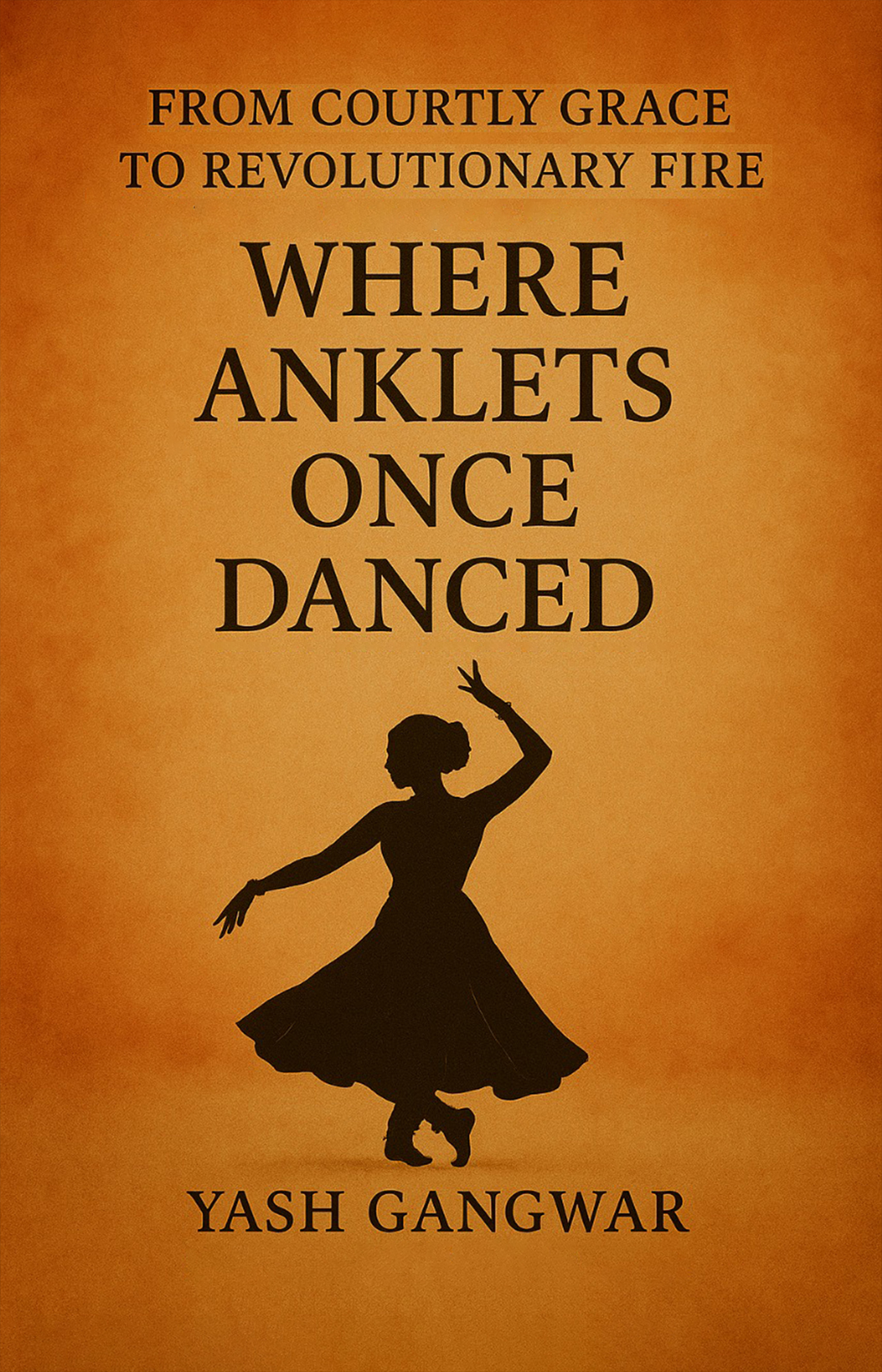Yash Gangwar
Unknown Location
In the summer of 1856, the prosperous kingdom of Awadh was annexed by the British East India Company, citing administrative mismanagement. Its ruler, Nawab Wajid Ali Shah, was sent into exile in Calcutta, marking the end of Awadh’s royal court renowned for its poetry, music, and rich Indo-Islamic culture. Yet, the true resistance did not rise from the throne but from within the zenana.
Begum Hazrat Mahal, once a courtesan and later the queen and mother to the young heir Birjis Qadr, became an unlikely leader of rebellion. While many male rulers either fled or bowed to British authority, she remained in Lucknow. From the battered Residency to the mosques and battlefields of Alambagh, she led with sword and strategy—signing proclamations, refusing surrender, and negotiating with diverse leaders both Muslim and Hindu. She demanded what few women dared to seek: the restoration of her kingdom’s sovereignty.
Following the fall of Lucknow in 1858, Hazrat Mahal escaped to Nepal, betrayed by allies and abandoned by the world she sought to free. She died in exile in Kathmandu in 1879, her grave marked by a simple marble slab. Neither the British nor post-Independence India fully honoured her memory.
This novel reimagines her world not merely as a chronicle of war but as a rich tapestry woven with defiance, culture, love, and betrayal. Though based on real events, some characters and conversations have been dramatized to deepen the narrative. Hazrat Mahal’s legacy lies suspended between a neglected tomb and the freedom she fought fiercely to reclaim. It is time to remember her not only as a rebel but as India’s exiled queen of resistance. suggest subtitle for this story 'where anklets once danced'In the summer of 1856, the prosperous kingdom of Awadh was annexed by the British East India Company, citing administrative mismanagement. Its ruler, Nawab Wajid Ali Shah, was sent into exile in Calcutta, marking the end of Awadh’s royal court renowned for its poetry, music, and rich Indo-Islamic culture. Yet, the true resistance did not rise from the throne but from within the zenana.
Begum Hazrat Mahal, once a courtesan and later the queen and mother to the young heir Birjis Qadr, became an unlikely leader of rebellion. While many male rulers either fled or bowed to British authority, she remained in Lucknow. From the battered Residency to the mosques and battlefields of Alambagh, she led with sword and strategy—signing proclamations, refusing surrender, and negotiating with diverse leaders both Muslim and Hindu. She demanded what few women dared to seek: the restoration of her kingdom’s sovereignty.
Following the fall of Lucknow in 1858, Hazrat Mahal escaped to Nepal, betrayed by allies and abandoned by the world she sought to free. She died in exile in Kathmandu in 1879, her grave marked by a simple marble slab. Neither the British nor post-Independence India fully honoured her memory.
This novel reimagines her world not merely as a chronicle of war but as a rich tapestry woven with defiance, culture, love, and betrayal. Though based on real events, some characters and conversations have been dramatized to deepen the narrative. Hazrat Mahal’s legacy lies suspended between a neglected tomb and the freedom she fought fiercely to reclaim. It is time to remember her not only as a rebel but as India’s exiled queen of resistance. suggest subtitle for this story 'where anklets once danced'


 Continue With Google
Continue With Google




